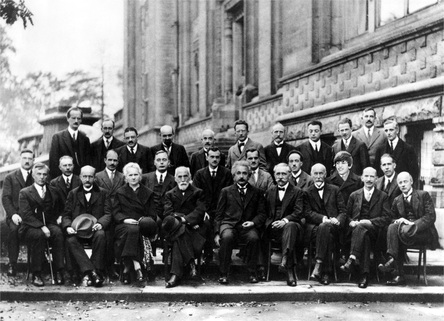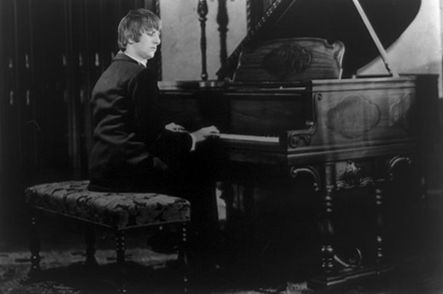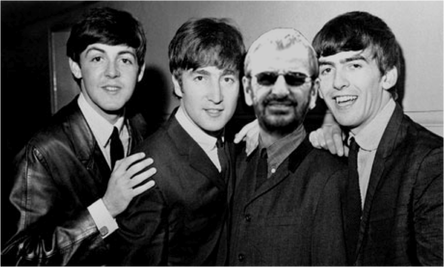Although I could stand my ground by sleeping with a hammer under my bed, it was the late April exams I needed to settle to secure my place here. Solitude is a dangerous thing. Solitude makes you clean the house four times a day. Solitude makes you stare at a window, murmuring to yourself until the charity person goes away. I had listened through my iTunes library a hundred-fold, and about a fifth of the views for most of YouTube were by yours truly. I needed something new to accompany throwing my stress ball at the blackboard, hoping I could hit it hard enough to detach that chalky mess from the wall and come crashing down like my aspirations at the start of the academic year.
But there was something. It was foreign, yet I liked it. It was a patriotic speech laced with so much bullshit that it had to have a good tune to stop people from noticing. It was, ladies and gentlemen, a national anthem.
I shit you not, they are actually great little things. The fact that most of them are incomprehensible to non-polyglots means they won’t distract studying (or whatever you do). And when you’re free from exam peril, you can laugh at how the lyricist got away with their babble. Anyway, have a look at some of my favourites:







 RSS Feed
RSS Feed
